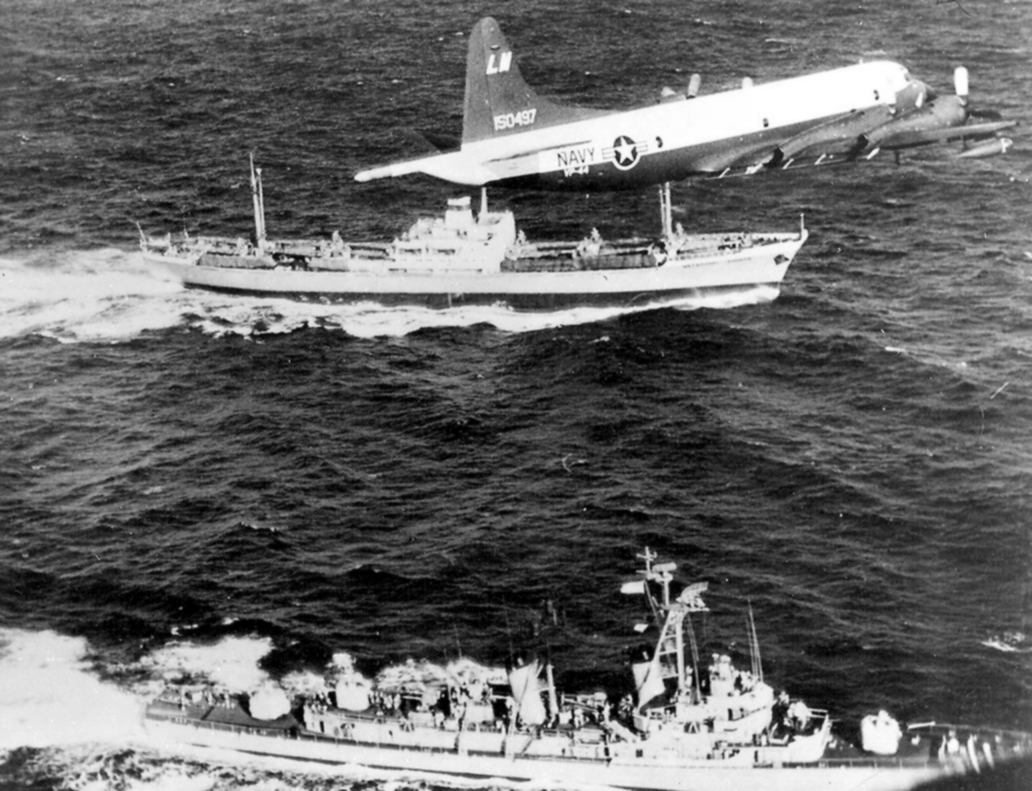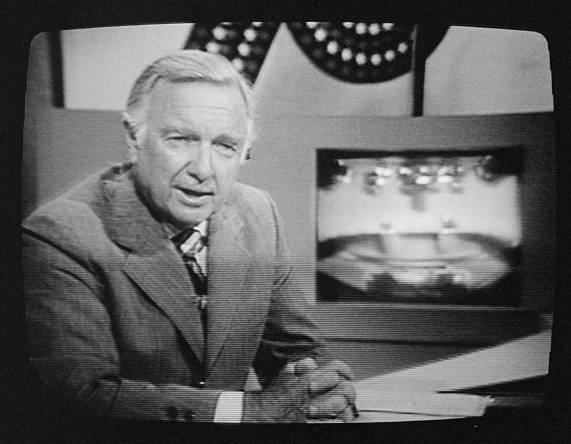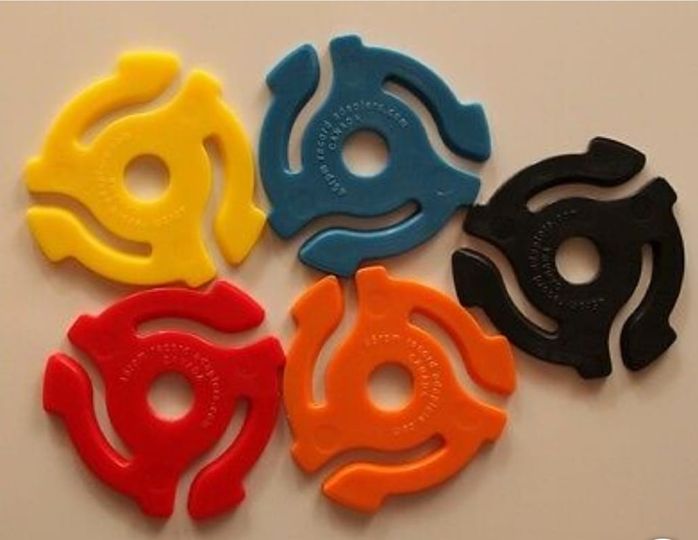Share this article with your network of friends!
For seniors who lived through the turbulent years of the Cold War, the Cuban Missile Crisis stands as a defining moment in history, etched in memory as a time of palpable tension and fear. This 13-day standoff between the United States and the Soviet Union in October 1962 brought the world to the brink of nuclear war. As we look back on this harrowing chapter, let us explore the events that led to the crisis, the diplomatic efforts that averted catastrophe, and the lasting impact on international relations.
Origins of the Crisis
The roots of the Cuban Missile Crisis can be traced back to the ongoing Cold War rivalry between the United States and the Soviet Union. In 1959, Fidel Castro’s communist revolution in Cuba brought a communist government to the island, raising concerns for the U.S. government about its proximity to American shores.
Soviet Involvement and Missile Deployment
In 1962, the Soviet Union saw an opportunity to gain an advantage in the arms race and counterbalance the United States’ nuclear superiority. Secretly, they began deploying intermediate-range ballistic missiles (IRBMs) in Cuba, capable of reaching major U.S. cities with nuclear warheads.
Discovery and Escalation
On October 14, 1962, a U.S. reconnaissance mission uncovered evidence of the missile sites in Cuba. President John F. Kennedy was briefed on the situation, and the discovery sparked a dramatic escalation of tensions between the two superpowers.
The 13-Day Standoff
Over the next 13 days, the world held its breath as the United States and the Soviet Union engaged in a high-stakes confrontation. President Kennedy established the Executive Committee of the National Security Council, known as ExComm, to advise him on potential courses of action.
Kennedy’s Strategy and Diplomacy
President Kennedy opted for a strategy of firmness coupled with diplomacy. He demanded the removal of the missiles from Cuba and imposed a naval blockade (termed a “quarantine” to avoid direct conflict) to prevent further shipments of weapons. Kennedy also communicated directly with Soviet Premier Nikita Khrushchev, seeking a diplomatic solution to the crisis.
Averting Nuclear War
Tensions reached a critical point when a U.S. reconnaissance plane was shot down over Cuba, raising fears of an accidental escalation to nuclear conflict. However, behind the scenes, both Kennedy and Khrushchev were working to find a way out of the crisis.
The Resolution
After days of intense negotiations, Khrushchev agreed to remove the missiles from Cuba, while Kennedy secretly agreed to remove U.S. missiles from Turkey. The crisis came to an end on October 28, 1962, when Khrushchev publicly announced the withdrawal of Soviet missiles from Cuba.
Legacy and Impact
The Cuban Missile Crisis had a profound impact on international relations. It brought the world to the brink of nuclear war and heightened awareness of the dangers posed by nuclear weapons. The crisis also led to the establishment of a direct hotline between the United States and the Soviet Union to prevent misunderstandings and facilitate communication.
Conclusion
The Cuban Missile Crisis remains a stark reminder of the perils of nuclear brinkmanship and the importance of diplomacy in times of crisis. President Kennedy‘s resolve, along with the willingness of both superpowers to seek a peaceful resolution, averted nuclear war and left a lasting impact on the course of history. As we reflect on this tense chapter, we remember the importance of diplomacy, restraint, and the pursuit of peaceful solutions in addressing global conflicts.
DISCLAIMER: This website contains articles for informational and entertainment purposes only. No articles on this website should be considered as professional advice for any medical, legal, or financial matter. Advertisements and content may contain affiliate links, where the website earns a commission for sales derived from our users.





